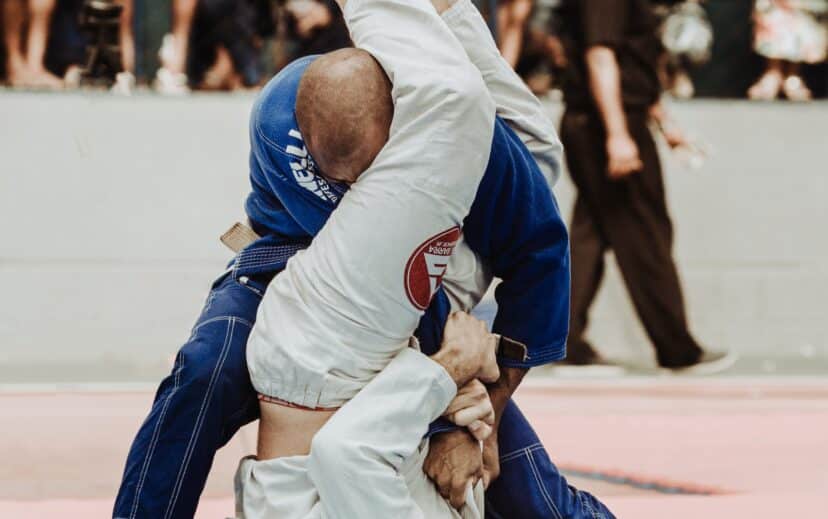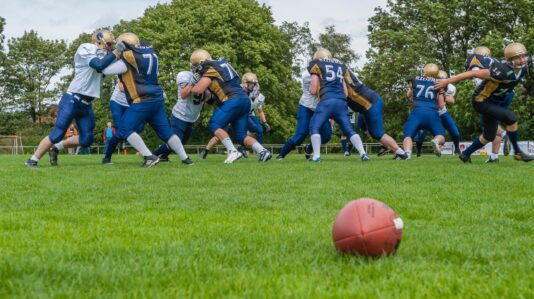If you are an athlete who competes in mixed martial arts, understanding the rules that govern your behavior in and out of competition is critical.
The United States Anti-Doping Agency (“USADA”) is a non-profit, independent organization that enforces sports anti-doping rules. This article focuses on Ultimate Fighting Championship (“UFC”) athletes, but applies to all USADA covered sports and events.
USADA’s mission is to protect clean athletes’ rights, health, and safety, while also maintaining a level playing field and fair competition. It operates under the World Anti-Doping (“WADA”) Code, which sets global standards for anti-doping practices. USADA conducts doping control programs and collects samples from athletes participating in events under its jurisdiction. It utilizes accredited laboratories to analyze the samples for the presence of prohibited substances.
What is doping?
Doping refers to the use of banned athletic performance-enhancing drugs in competitive sports, which is seen as cheating. Notable examples of accused sports dopers include Barry Bonds (baseball) and Lance Armstrong (cycling).
USADA places significant emphasis on education and outreach programs to raise awareness about anti-doping rules. It provides resources and educational materials to athletes, coaches, managers, and other stakeholders. For example, USADA has a service called Supplement411. Supplement411 is a dietary awareness website on the use of supplements and best practices for complying with anti-doping rules.
While USADA collaborates with various national and international sports organizations, including the United States Olympic & Paralympic Committee, it is possibly most recognized today for administering the anti-doping program for the UFC, the world’s premier mixed martial arts organization. USADA conducts testing and investigations, handles results management, gathers evidence, and oversees the adjudication process for anti-doping violations in the UFC.
What happens if USADA accuses me of an anti-doping violation?
UFC athletes are enrolled in the “USADA pool ,” which means they are part of a group now subject to random drug testing throughout the year, whether they have a scheduled bout or not. UFC athletes, like other athletes, will receive a notification from USADA regarding a test that indicates the use of a banned substance (a “positive test”). Examples of banned substances are anabolic steroids that promote muscle growth and performance enhancement, human growth hormones, stimulants, and other narcotics. This is by far not an exhaustive list, but merely examples. Depending on the specific circumstances and the substance detected, a provisional suspension may be imposed. The provisional suspension may prevent an athlete from competing until their case is resolved.
If USADA accuses you of an anti-doping violation, you may request evidence related to your case from USADA and seek legal representation from an attorney who specializes in anti-doping matters to assist you throughout the process. The attorney may review the evidence provided by USADA, provide you with guidance, and may ultimately represent you at an arbitration hearing.
UFC athletes may challenge a positive test for a banned substance through USADA’s Results Management Process. This involves submitting a written statement challenging the finding and can include a request for a hearing. In some cases, a resolution may be reached by an agreement at an early stage in the process.
If not resolved by an agreement, the UFC Anti-Doping Policy uses an independent arbitration process to resolve disputes. The case will be reviewed by an independent arbitrator or a panel of arbitrators experienced in anti-doping matters. At the hearing, you and your attorney may present your case by calling witnesses and presenting documents and other evidence, such as video and audio recordings.
Following the hearing, the arbitrator(s) will evaluate the evidence presented and issue a decision. If a violation is found, they will determine the appropriate sanction, considering the substance involved, whether it was intentionally or accidentally taken, your level of cooperation, and any previous anti-doping violations. The sanction typically includes a suspension from competition – which can run from weeks to a lifetime – based on the specific circumstances.
If you are not satisfied with the decision, you may appeal it to an independent arbitrator or panel appointed by the Court of Arbitration for Sport (“CAS”).
We hope you find this helpful. If you find yourself accused of a USADA violation, you should speak with an attorney experienced in this field.






